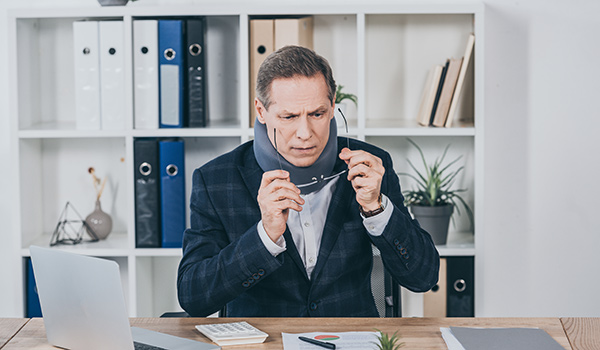
According to the Occupational Health and Safety Administration (OSHA), there were 14 deaths per day due to work-related injuries in 2017. This means that close to 100 people died per week because of some safety issue or violation at work. Employee work safety is not something to be taken lightly at all. Yet, it is one of the areas we talk about the least in the workplace.
Nobody has to die or be severely injured for employers and employees to take safety at work seriously. Although work-related injuries and deaths are more common in industries like construction and healthcare, it is important to have measures in place to protect employees regardless of the level of “danger”. In this post, we will go over tips to ensure employee safety at work.
Employee Safety Tips For Employers
Establish and document work safety practices
Regardless of the danger involved in the type of work you do, it is important as an employer for you to establish and document standard work safety practices for your workplace. Have a special folder where work safety practices are clearly spelled out so that new and existing employees can review them when necessary.
Make sure everyone knows work safety practices
Never assume that working safely is common sense. Everyone who is hired into your business should have a training session where work safety practices are taught to them. A lot of workplaces make this type of safety training a core part of their orientation process.
Every employee should know where the work safety practices documentation are located
Employees should know where the work safety practices documentation is physically located so they can refer to it when needed.
First aid kits
Provide first aid kits for employees as a first line of treatment of minor wounds or body aches. If the problem persists beyond first aid, you might require the employee to seek immediate medical attention.
Workplace safeguards should be readily accessible
Workplace safeguards and emergency tools such as fire alarms, fire extinguishers, eye wash stations and evacuation routes should be readily accessible. Getting employees to safety during an emergency should be a priority in your work safety plan.
Employee Safety Tips For Employees
Wear protective gear to suit the task
You should wear protective gear that matches your workplace when the task calls for it. Hard hats, gloves, face masks, gowns and protective footwear should be provided by your employer and you must put them on while you work.
Use mechanical aids whenever possible
Don’t lift anything that you shouldn’t be lifting. Use trolleys, wheelbarrows and lifts to move heavy objects to avoid severe injuries. Your employer should not require you to lift such heavy objects by yourself in the first place.
Stay comfortable at work
Wear shoes that fit and which allow you to walk comfortably. Sit up straight at your desk to avoid back injuries. Arrange items in a way that doesn’t require you to twist and turn while you are at work. You might even consider getting a standing desk to relieve pressure off your back from sitting for a long time.
Reduce workplace stress
In our everyday lives, it is normal to experience workplace stress. This type of stress can be healthy and drive us to get our work done. Persistent and severe stress that interferes with your work and emotional well-being however, is something you should learn to avoid as an employee. Severe workplace stress can lead you to make mistakes that could endanger your life and the lives of others. If you’re under a lot of stress because of your work, you might want to talk to your employer about what is going on. It might also be advisable to seek the help of a mental health professional.
Ask and find out about available health resources for employees
Do you know all the health resources that are available to you as an employee of your company? It doesn’t hurt to ask. Your workplace might have health resources which include (and are not limited to)
- Wellness – weight loss, diet/nutrition counseling, smoking cessation, addiction counseling
- Mental health
- Health during pregnancy
- Emergency employee health solutions
Find out what your workplace offers and take advantage of it where appropriate.
Let your employer know about any health conditions you have
If you have chronic health conditions such as diabetes, multiple sclerosis or arthritis, it’s imperative that your employer knows. This will help them assign appropriate tasks to you. In certain workplaces, there are chemicals that can cause injury to an unborn child. Thus, if you work in such an environment and you’re pregnant, it is important that you tell your employer so they can make sure you’re not working with those chemicals.
Workplace safety is everyone’s concern.
The 11 tips we looked at in this post will ensure an injury-free workplace. If you found this post helpful, share it with someone else looking to stay safe at work.

